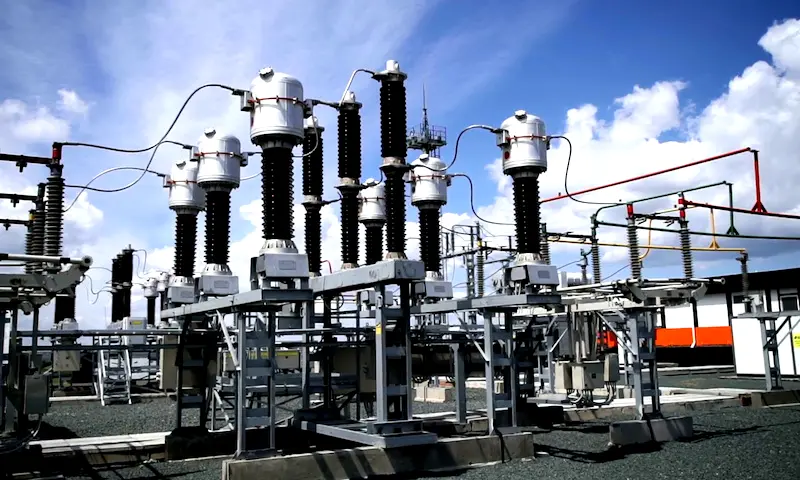Businesses and homes were again left without power supply for several hours yesterday after Nigeria’s national grid collapsed again, the 7th time this year.
The last national system collapse was recorded on the 13th of June 2022 but the system was deliberately shut down last month by protesting electricity workers.
Checks on National System Operator’s data showed that the grid which collapsed at 10.51 am has begun a gradual recovery.
NSO data as at 5pm showed that eight power generation plants had returned to the grid with a combined output of 849MW.
The electricity distribution company, DisCos, had earlier in the day notified their customers of the disruption in power supply.
In a notice to its customers, the Enugu Electricity Distribution Company PLC, EEDC, informed its “esteemed customers of a system collapse which occurred at 10:51 am today (yesterday), 26th September 2022. This has resulted in the loss of supply currently being experienced across the network.
“Due to this development, all our interface TCN stations are out of supply, and we are unable to provide service to our customers in Abia, Anambra, Ebonyi, Enugu and the Imo States.
“We are on standby awaiting detailed information of the collapse and restoration of supply from the National Control Centre (NCC), Osogbo”, the statement by Emeka Ezeh, Head, Corporate Communications, stated.
The Transmission Company of Nigeria, TCN, which manages the grid was yet to advance reasons for the latest collapse at the time of filing this report.
In a note, the Executive Director, Networks, Niger Delta Power Holding Company, Engr. Ifeoluwa Oyedele said it has become critical for the sector to acquire the Supervisory Control and Data Acquisition, SCADA, system.
He wrote: “The National Grid is too large geographically. A SCADA System is an absolute must for the efficient operation of the Transmission Network. For the SCADA to function seamlessly it must not be encumbered for any other purpose as this may further complicate the SCADA project”.
Speaking to Vanguard on reasons for the frequent grid collapses in the country, the President of Nigerian Institution of Power Engineers, Engr. Israel Abraham said insufficient generation and load rejection due to many reasons was major cause.
Engr. Abraham also stated that attacks on Power towers were another cause, adding that the bush burning around high towers can also create problems in the system.
He however advocated for the automation of the grid system, explaining that currently control most times were manually done.
He said the government needs to build more transmission capacity and then try to tie the lines back.
According to him, most of the lines are overloaded and a trip on any of them can create instabilities that lead to system collapse.
“We need a free governor system that removes manual control. Load imbalance is a huge problem because they are trying to manually balance the system. Our SCADA system is not yet in place so we don’t have an automated system. We therefore cannot balance load effectively.
“We need an automated system that cut off some loads on its own during instability and makes the system more efficient”, he stated.
He pointed out that increasing transmission capacity would create redundancy and allow the system to switch from one line to another with much difficulty.
“Redundancy creates opportunities such that if one line cuts off then you can use the other line. For instance, if Abuja has more than one line supplying its power from Ajaokuta, Lafia and Shiroro, if one goes, the interruption would not have much effect as the other will be deployed.
He called for the appointment of competent people to manage the sector, observing that most times people without the necessary skills were appointed into top positions in the industry.
He noted that most of these political appointees fail to appreciate where the problems are and where projects are urgently needed, stressing that infrastructures are in the wrong places.
“What you see around the industry is that projects are taken to where they are not needed due to political reasons. We must stop this by putting power infrastructures where they are useful and beneficial to the country”, he added.

